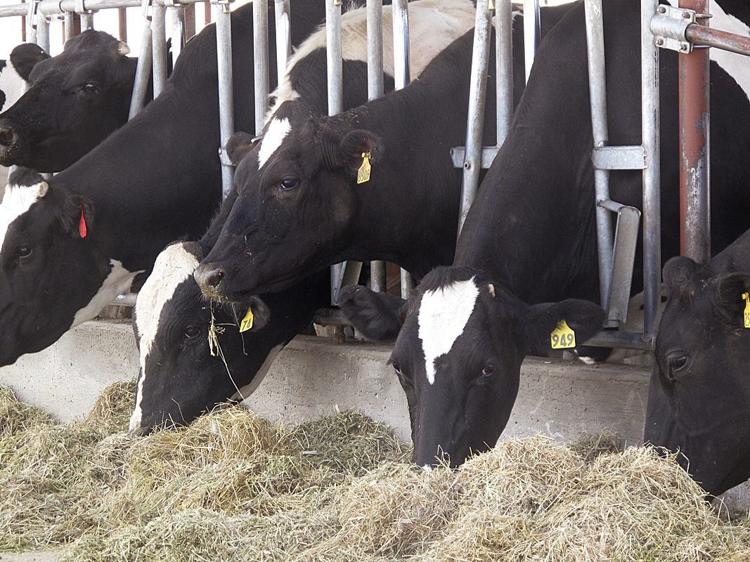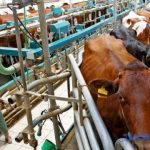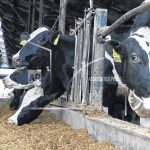
Eager to understand more about dairy farmer attitudes to medicine use, University of Bristol vet, Dr Gwen Rees, undertook PhD research to determine on-farm storage of prescription veterinary medicine.
“The research highlighted a big knowledge gap on what to do with expired medicines, with very few farmers saying they frequently discussed with their vet what was in the medicine cupboard.”
In light of the study results, Dr Rees advises farmers to conduct a “medicine cupboard health check” as part of their regular herd health planning. Farmers can then work with their vet to ensure they are using appropriate medicines.
In addition, only 63 percent of the study farms were storing medicines correctly which could also impact treatment effectiveness. Dr Rees recommends checking storage instructions on the bottles of medicines.
“For vaccines, it’s recommended storage temperatures are between 20C and 80C, particularly for live vaccines which are more sensitive to damage at raised temperatures. However, a study in 2010 found that on-farm this wasn’t the norm, and vaccines were often not stored at the correct temperature,” adds Dr Rees.
The study also found on-farm medicine records varied wildly, from very accurate to non-existent. Recording and managing medicine use and stock is particularly important when meeting assurance scheme requirements and creating health plans.
“Using a simple medicine book to record when medicine is used, why it was given, and how much was administered, will help farmers to keep track of herd health. It is also valuable to include withdrawal periods and any subsequent doses needed to fulfil treatment,” concludes Dr Rees.

























